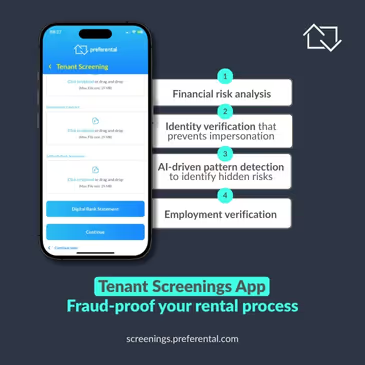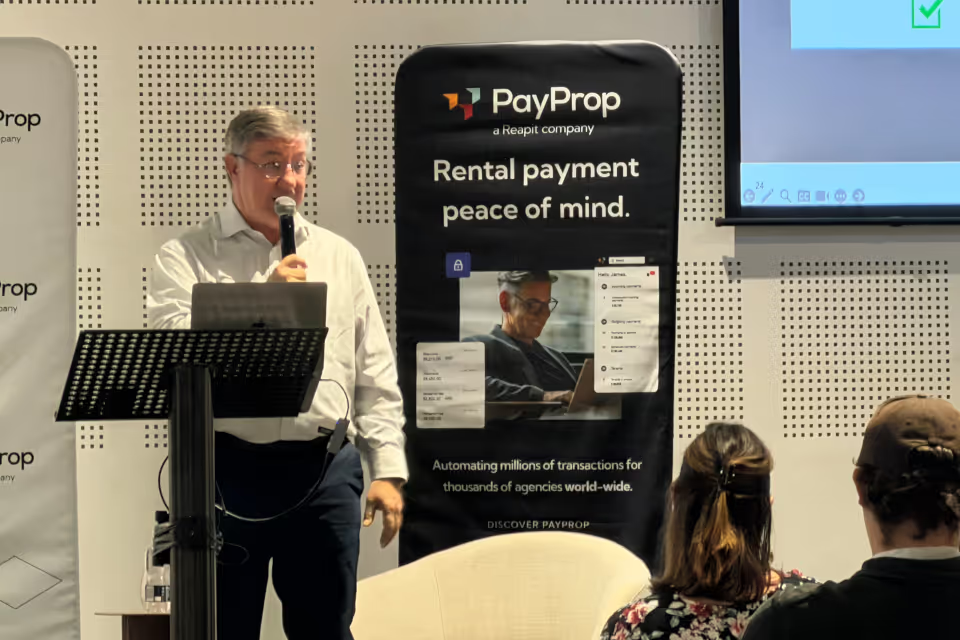Top 5 Eviction mistakes under PIE and how landlords win
- Act within days, not months, issue breach and cancellation correctly to limit arrears, protect cash flow, and keep control.
- Use compliant notices, keep dated records, and never self-evict - courts and Sheriffs do; shortcuts risk costly, losing cases.
- Budget for timelines: Unopposed 12 - 18 weeks; Opposed 4 - 9 months+. Consider specialist cover like Xpello to reduce damage and delays.
Introduction
Evictions are every landlord’s nightmare - expensive, time-consuming, and often avoidable. In South Africa, the Prevention of Illegal Eviction (PIE) Act shapes the process and getting it wrong can derail your case.
Here’s a clear, practical playbook for investors, agents, and landlords: avoid the common traps, follow the lawful route, and resolve matters faster without risking your asset or reputation.
The Top 5 mistakes landlords make and how to avoid them
- Waiting too long to act
Hoping a tenant “catches up” usually snowballs arrears
Fix: Issue a breach notice within 7 days after the due date and escalate on time.
- Invalid or incorrect notices
A flawed notice can sink your case.
Fix: Use CPA/Rental Housing Act-compliant notices and double-check remedy periods and delivery methods. - Self-help tactics
Cutting utilities, changing locks, or intimidation is illegal.
Fix: Only the court can authorise eviction; the Sheriff executes it. Stay lawful. - Poor record-keeping
Without proof, you weaken your case.
Fix: Keep dated rent ledgers, notices, delivery proofs, emails, WhatsApps, and site photos from day one. - Using the wrong attorney
Eviction is specialised litigation.
Fix: Appoint experienced eviction counsel or a platform that manages the entire process.
“Illegal shortcuts turn a bad tenant into a worse lawsuit, stay lawful.” Elize le Roux, CEO & Founder, Xpello
The Correct PIE Act Process - At a Glance
- Letter of demand
Give the tenant the required remedy period (commonly 20 business days) to catch up or comply.
- Valid lease cancellation
If unremedied, cancel in writing per the lease and statute.
- Court application
Bring a PIE eviction application; only a court may grant an eviction order.
- Court order & Sheriff
Once granted, the Sheriff executes the eviction per the order.
“The earlier you act, the lower the damages you suffer.” Elize le Roux, CEO & Founder, Xpello
What to Expect: Timelines, Budget & Options
- Unopposed evictions
Typically, 12 - 18 weeks, ±R15,000 - R40,000. - Opposed evictions
Typically, 4 - 9 months+, often >R40,000. - Specialist support using Xpello
R250 per month per lease; Xpello manages the breach process, covers legal fees for eviction, and provides transparent updates.
Notably, 98% of breaches referred are resolved without needing eviction. All figures are indicative; matter complexity and court rolls vary.
The Way Forward
- Standardise your playbook
Add breach timelines, notice templates, and evidence checklists to your property SOPs.
- Move early
Trigger breach within 7 days; calendar all legal timeframes.
- Get expert help
Use a specialist eviction attorney or a managed service like Xpello to reduce risk, cost, and delays.
- Protect cash flow
Build legal/arrears buffer and require deposits that match real risk.
- Document everything
Dated ledgers, delivery proofs, photos, and communications win cases.
Evictions don’t have to derail your returns. With early action, airtight paperwork, and a lawful process under PIE, you can protect your investment and resolve tenant issues with confidence.
For enquiries, questions or referrals, please Phone, Email, Whatsapp or complete the Form below and we will contact you back.
Phone: 011- 568 4476
Email: applications@xpello.co.za
WhatsApp: 071-515 6711
Complete form https://form.xpello.co.za/form-6503466/e-card














.avif)

.avif)




.svg)





























.avif)
